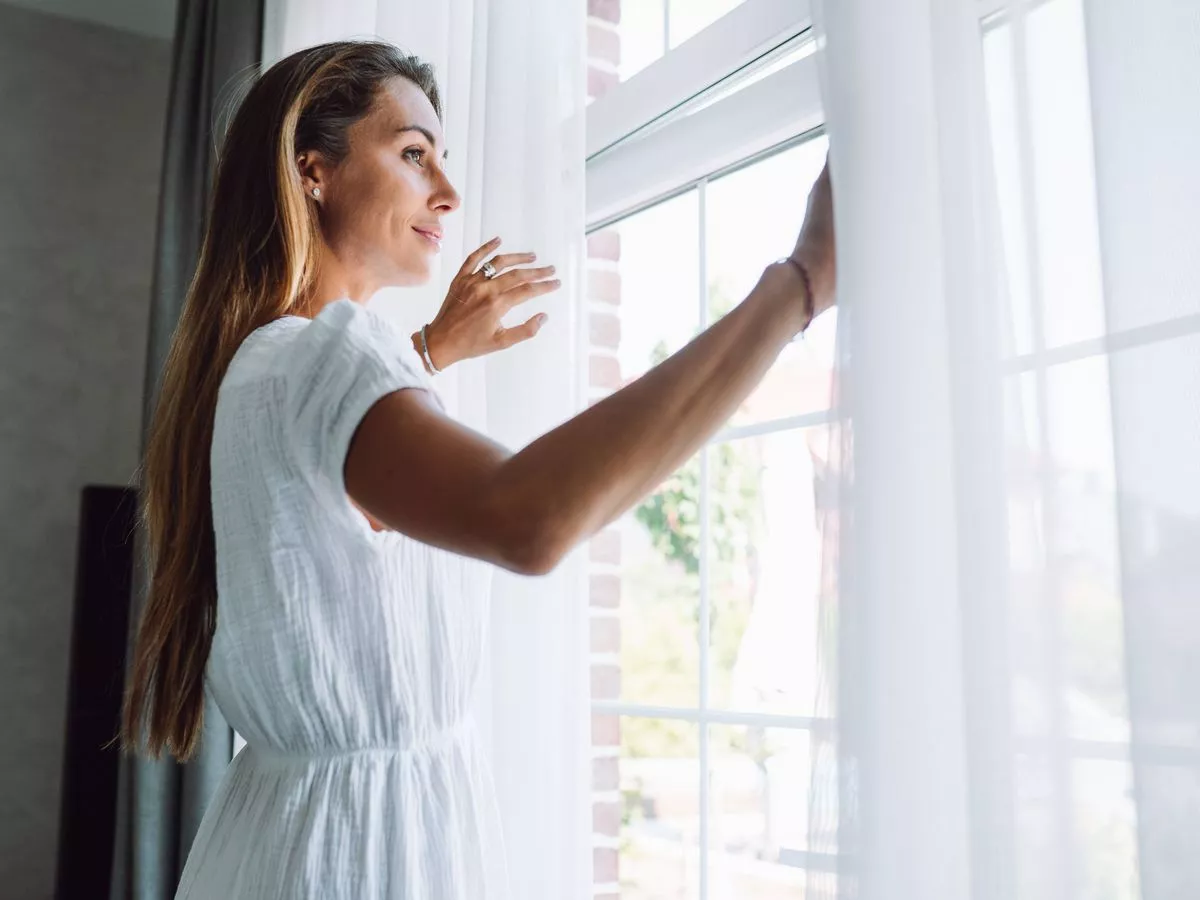Copyright mirror

It feels like we've barely finished enduring months of keeping our windows tightly shut, frantically attempting to keep out scorching air and preserve cool homes. Now that autumn has descended, we're set to receive entirely conflicting guidance. With cooler autumnal weather moving in, numerous households will be switching on their heating systems and focusing on retaining warmth indoors, making the notion of opening windows seem completely counter-productive. Yet, the issue emerges when windows stay shut throughout winter, as moisture quickly builds up inside the home. This isn't just from drying clothes - although that continues to be the main culprit - but also from cooking food, washing, and simply living and breathing, reports Yorkshire Live . Moisture collects in the air from all these daily tasks, and when confined inside the house, it can turn into mould, mildew, and damp as it has no way to get out. Property maintenance experts recommend the most straightforward approach to tackle condensation-related damp is simple: open a window slightly. Atlantis Property Preservation states: "Condensation occurs when humid, warm air becomes trapped in your home and then meets a cold surface, like a window. Opening a window allows humid air to escape from your home, thus reducing condensation. "If you don't want to have one ajar all the time, try opening them after you've performed an activity that creates high levels of humidity, like cooking or showering. As well as opening a window, close doors to the rest of the house to stop humid air from moving into other rooms." The firm also recommends against drying damp clothes indoors (though sometimes there's genuinely no choice) and especially cautions against draping them over radiators. It explains: "Avoid hanging wet washing to dry inside the house, particularly on radiators, because the moisture from them escapes into the air. Instead, put them outside to dry whenever possible. "As well as potentially causing serious damage to your home over time, untreated condensation problems can also pose a health hazard for you and your family, where toxic mould is allowed to form. "There is some scientific evidence that homes with significant condensation issues have been linked to a higher risk of suffering health issues like allergies and other respiratory problems."



